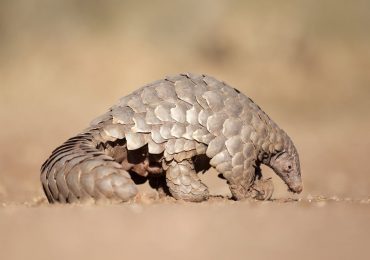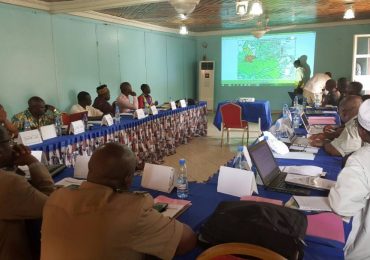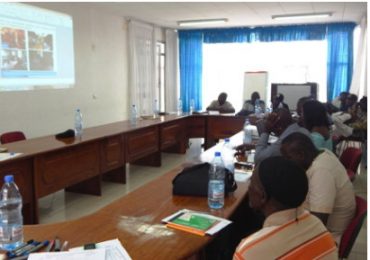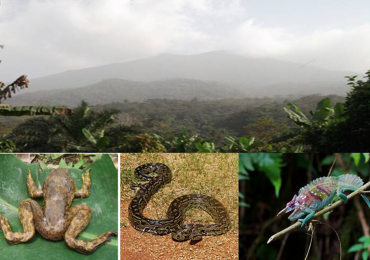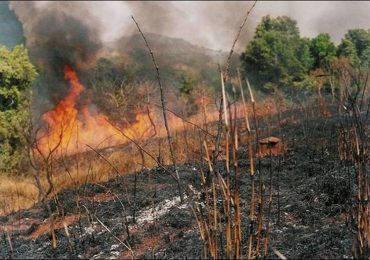Throughout history, humans have made impressive strides, sometimes stepping ahead of time, to destroy the natural environment as they strive to improve their livelihoods through inventions and technological innovations. Often in our insatiable quest to advance technologies, we have overlooked the most important factor, and that factor is the eco-system equation.
Today, we seem to be discovering, as if from a trance, that we sorely need the natural services offered by Mother Earth for our continued survival. As this realization develops, environmental conservation becomes more exciting. Some people, however, think the concern about environmental conservation is exaggerated. No. Technological advances of science have virtually overcome some of human’s social and economic problems; they have undoubtedly speeded up society and increased the pressures of living emotionally. The same technological advances have also helped to inflict nearly irreversible harm to the ecosystem.
Since we took our first step on Mother Earth along with the explosion of inventions, our strides seem, prophetically, to be steered towards Doomsday for, we have since been rocked by three great crises; population explosion, over-exploitation and pollution. This is why at ERuDeF, we have been trying to reverse the effects of environmental degradation, locally.
Sixteen years into conservation, and considering the urgent need to protect the Earth, or what little is left of her natural factory for food, medicine, fuel, shelter, water and other resources, from further injury, it seems only reasonable then that we should now zero down to biodiversity hotspots and protected areas. And we want to do this from grassroots up the social ladder. We are combining the grassroots communities, local and international partners and legal conservation instruments to develop strong and sustainable conservation strategies.
From now on, we are expanding from regional levels to the wider national level while maintaining close ties with the needs of local communities. Of course, the conservation of the ecosystem remains our overall mission but with sharper focus on reinforcing systems of biodiversity hotspots and protected areas, nationwide.
In all of these, we shall be working broadly to engage the communities in the management of these areas for their benefits, as we try to reverse the adverse effects of our entrenched economic gains over the demise of Earth’s resources. In short, to try to pay back the mortgage to Earth that has made man flourish over the years.


